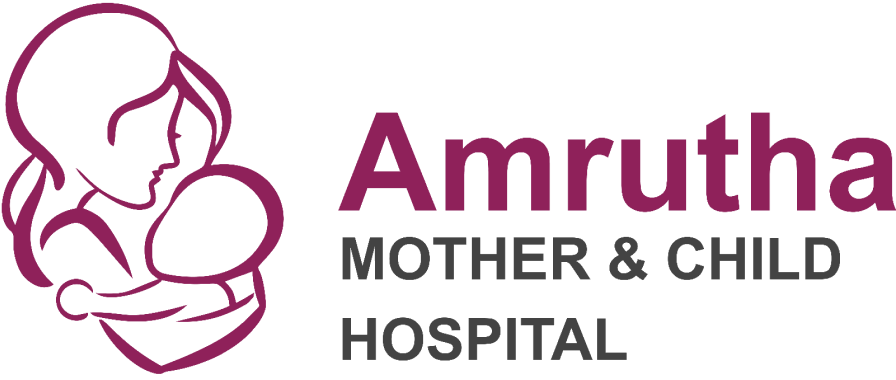As children grow, their ability to talk, share stories, and ask curious questions is one of the most exciting milestones for parents. By the age of three, most toddlers can use short sentences, follow simple instructions, and express their needs clearly.
But what happens when these speech milestones are not met? A severe speech delay at 3 years can be a sign that your child needs early intervention and expert care. At Amrutha Mother & Child Hospital, Kakinada, we are dedicated to helping parents identify these challenges early and supporting children with personalized care plans.
What is Considered a Severe Speech Delay at Age 3?
Every child develops at their own pace, but certain signs may indicate a delay:
- Limited Vocabulary: A 3-year-old usually knows 200–300 words. Using fewer than 50 words may signal a delay.
- Difficulty Forming Sentences: Simple sentences like “I want milk” should be common by this age.
- Unclear Speech: While mispronunciations are expected, speech that is mostly unintelligible is a concern.
- Lack of Communication Efforts: Avoiding gestures, eye contact, or words to engage with others.
- Regression: Stopping the use of words previously learned is a red flag.
Common Causes of Speech Delay in Toddlers
Speech delay can occur for various reasons, including:
- Hearing Difficulties: Undiagnosed hearing loss or repeated ear infections.
- Autism Spectrum Disorder (ASD): May impact both speech and social interaction.
- Oral-Motor Problems: Difficulty coordinating the muscles needed for speech.
- Environmental Factors: Limited exposure to language-rich conversations.
- Developmental Disorders: Conditions like Down syndrome often include speech challenges.
When Parents Should Be Concerned
It’s important to seek help if you notice:
- Your child speaks fewer than 50 words at age three.
- They struggle to follow simple instructions.
- They show frustration when trying to communicate.
- There is a sudden loss of previously learned words.
- Limited interest in playing or engaging with others.
Diagnosis and Early Support
At Amrutha Mother & Child Hospital, our specialists use a structured approach:
- Developmental Assessments to check speech, cognitive, and emotional growth.
- Hearing Tests to rule out auditory issues.
- Speech & Language Evaluations by experienced therapists.
- Medical Examinations to detect neurological or genetic factors.
Treatment Options for Severe Speech Delay
The good news is that with the right support, children can make significant progress. Common treatments include:
- Speech Therapy for Toddlers – fun, play-based learning with expert therapists.
- Parental Guidance – teaching parents techniques to practice at home.
- Early Intervention Programs – specially designed for children under five.
- Occupational Therapy – for children with oral-motor or developmental concerns.
- Assistive Devices – communication boards or apps, when necessary.
How Parents Can Help at Home
Parents play a crucial role in a child’s speech journey:
- Talk clearly and often with your child.
- Read storybooks daily to introduce new words.
- Encourage simple choices (“Do you want water or juice?”).
- Use short sentences and repeat them often.
- Praise even small efforts to boost confidence.
Why Choose Amrutha Mother & Child Hospital, Kakinada?
At Amrutha, we believe early identification leads to better outcomes. Our pediatricians, speech therapists, and child development experts work together to provide family-centered care. With 24/7 emergency support, NICU and PICU facilities, and a compassionate approach, we are here to ensure every child reaches their full potential.


